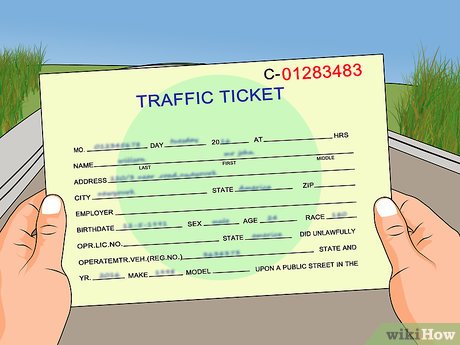Hiring the wrong person can cost more than just money, it can drain morale, slow productivity, and lead to high turnover. That’s why learning how to spot red flags early in the interview process is a critical skill for every recruiter and hiring manager. While candidates are typically on their best behavior during interviews, subtle warning signs can indicate deeper issues that may surface later.
Table of Contents
ToggleVague or Inconsistent Answers
One of the most common early warning signs is when a candidate struggles to clearly explain their past roles, responsibilities, or accomplishments. If their answers are vague, overly general, or inconsistent with their resume, take notice.
Watch for:
- Contradictions between their resume and what they say
- Evasive responses to direct questions
- Overuse of buzzwords without specific examples
Probe deeper with follow-up questions like, “Can you walk me through a typical day in that role?” or “What specific results did you achieve?”
Negative Talk About Past Employers
While it’s fair for candidates to discuss challenges they’ve faced, blaming or bad-mouthing previous employers is a red flag. It may suggest a lack of accountability, professionalism, or the potential to bring drama into your team.
Instead, strong candidates will frame past challenges as learning experiences and demonstrate maturity in how they speak about former workplaces, even when those experiences were difficult.
Lack of Enthusiasm or Preparation
Pay attention to how prepared and engaged a candidate seems during the interview. If they haven’t researched your company, don’t ask any questions, or seem indifferent about the role, that’s a sign they may not be invested, or are just “job shopping.”
Red flags include:
- No knowledge of your company or team
- No clear reason for wanting the role
- Generic or irrelevant questions at the end of the interview
A well-prepared candidate will demonstrate curiosity and initiative, both of which are important predictors of long-term engagement.
Overemphasis on Compensation or Perks
While it’s normal for candidates to inquire about compensation, leading with money-focused questions or showing an outsized interest in perks may suggest they’re more interested in the paycheck than the work itself.
Look for candidates who ask about team dynamics, growth opportunities, or company culture in addition to pay and benefits.
Poor Communication or Follow-Up
The interview process offers more than just a glimpse of someone’s qualifications, it also reveals their professional habits. Candidates who are late, unresponsive, or unprofessional in their communication may bring those behaviors into the workplace.
Also watch for sloppy emails, missing documents, or poor listening skills during the interview.
Conclusion: Trust the Process and Your Instincts
Red flags don’t always mean you should immediately reject a candidate, but they should prompt further investigation. Trust your instincts, ask thoughtful follow-ups, and use structured interview questions to gather consistent data. Spotting issues early helps ensure you’re not just hiring for skill, but for reliability, fit, and long-term success.



